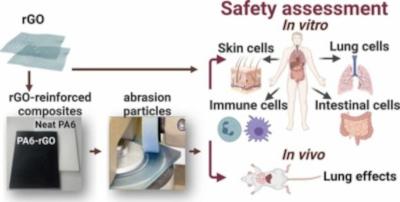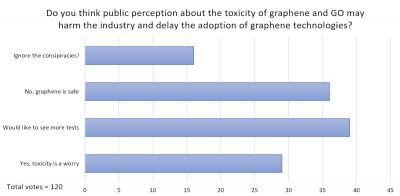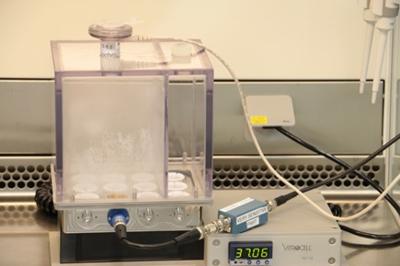Despite the surge of graphene-enhanced face masks that's been evident lately, government authorities like Health Canada recently issued warnings on the use of such graphene masks, cautioning against "a potential that wearers could inhale graphene particles from some masks, which may pose health risks."
This potential threat is followed by the directive to not use these face masks, and Health Canada, for one, is advising Canadians not to use face masks that contain graphene at all. A recent PR stated: "Until the Department completes a thorough scientific assessment and has established the safety and effectiveness of graphene-containing face masks, it is taking the precautionary approach of removing them from the market while continuing to gather and assess information. Health Canada has directed all known distributors, importers and manufacturers to stop selling and to recall the affected products. Additionally, Health Canada has written to provinces and territories advising them to stop distribution and use of masks containing graphene. The Department will continue to take appropriate action to stop the import and sale of graphene face masks".


